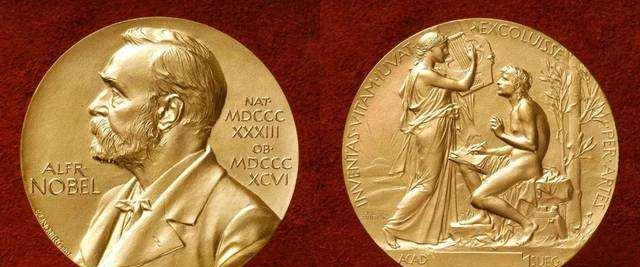Because of his most sensitive, fresh and beautiful poems; This poem was born out of great skill, and because of his own expression in English, his poetic ideas have become part of Western literature. -------- Reasons for award

The full text is a total of 1211 words, and the estimated reading time is 5 minutes
Composition Materials: Interpretation of the Works of the 1913 Nobel Prize-Winning Writers (Weekend Essay) - Robin De la Nate Tagore (Part 1)
One of the many masterpieces of the famous Indian poet Rabindranath Tagore, the Jitanjali is a collection of religious lyric poems in which "Gitanjali" means to be dedicated, not to devotion.
Tagore, as the first Asian to win the Nobel Prize in Literature, was a poet with great depth of thought. He not only wrote a large number of poems, but also many literary works such as plays and novels, as well as religious works such as "The Religion of Man" and the ideological work "Nationalism".
Tagore should not be an unfamiliar name to the reader, the first foreign poem I read was his "Bird Collection", and I also regarded him as one of my favorite poets, which should not have been, but always.
As an Indian poet, writer, social activist, philosopher and Hindu nationalist, Tagore wrote works such as The Bird Collection, The Gardener Collection, The Crescent Moon Collection, Gytanjali, The Sand in the Eyes, Four Men, The Family and the World, The Last Psalm, Gora, The Crisis of Civilization, and many other works that have been passed down to posterity.
Tagore was born in India into an aristocratic family rich in philosophy, literature and art, his grandfather and father were both actively in favor of the Enlightenment in Bengal and supported social reform social activists, and his father was also a philosopher and religious reformer with nationalist tendencies, so Tagore was influenced by the family environment and showed a talent for literature and politics from an early age.
Tagore composed a long collection of poems and odes to the anti-colonialism and love of the motherland at the age of 13, went to the University of London in the United Kingdom at the age of 17, returned to the motherland at the age of 19 to specialize in literary activities, and in the next five years, he composed the lyric poetry collections "Twilight Song", "Morning Song" and "Painting and Song".
In the 1890s, Tagore entered the peak of his creative period, published more than 60 short stories against feudal oppression and exposed irrational phenomena in real life, and created 5 collections of romantic lyric poems, namely "Golden Sailboat", "Colorful Collection", "Harvest Collection", "Dream Collection", "Moment Collection", and 1 philosophical poetry collection "Micro-Thought Collection".
After this prolific period, Tagore became keen to write poetry in Bengali, during which time the famous English translation of the poetry collection The Gardener's Collection was born.
In 1901, Tagore founded a school to fulfill his educational ideals, which later became a prestigious international university.
In 1910 Tagore wrote the novel Gora to reflect the complex social phenomena of India at that time, while expressing his patriotic enthusiasm and confidence that India would regain its freedom by portraying himself as a warrior who worked tirelessly for the liberation of the nation; in the same year, a Bengali version of Gitanjali was published, and in 1913 Tagore translated it into English and published it.
After winning the Nobel Prize in Literature, Tagore continued to write, writing the screenplay "Mokdo Tara", "Red Oleander", the novel "Dispute", "The Last Psalm" and so on.
In addition to his popular poetry collections, Tagore also wrote 12 novellas, more than 100 short stories, more than 20 plays, and a large number of literary, philosophical, and political treatises.
Tagore's works embody the indomitable struggle of the Indian people for freedom and liberation, as well as their strong patriotic feelings. He represented that era, he represented The India of that era, and even the nations and peoples that had endured the oppression of imperialism and feudalism.
(To be continued, click on the homepage to see more... )